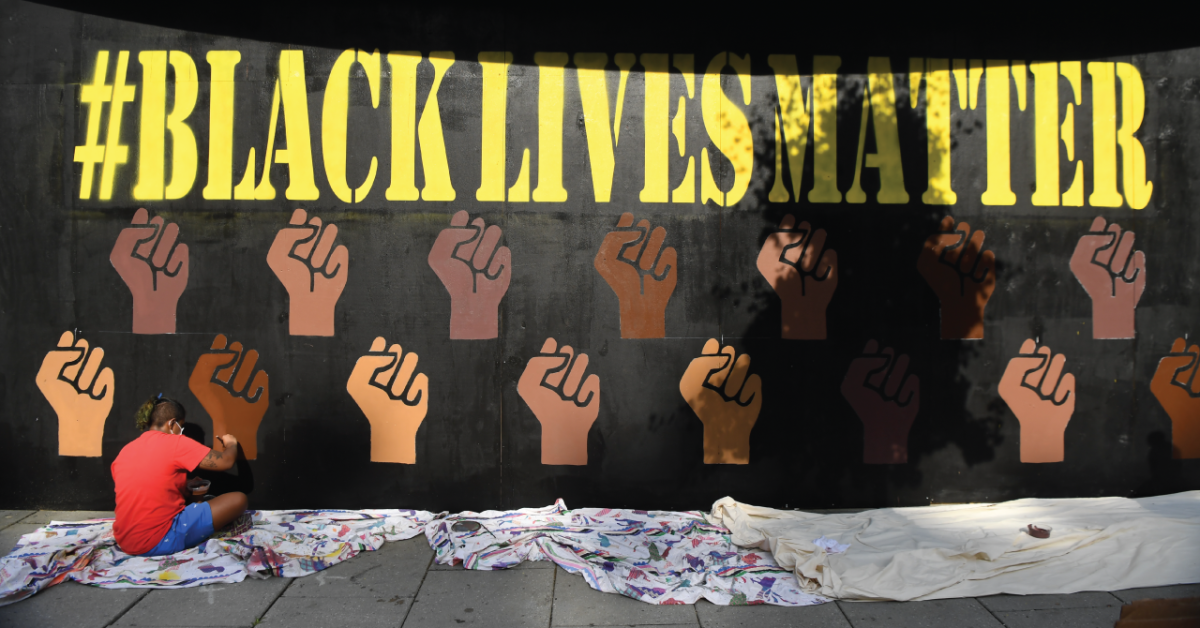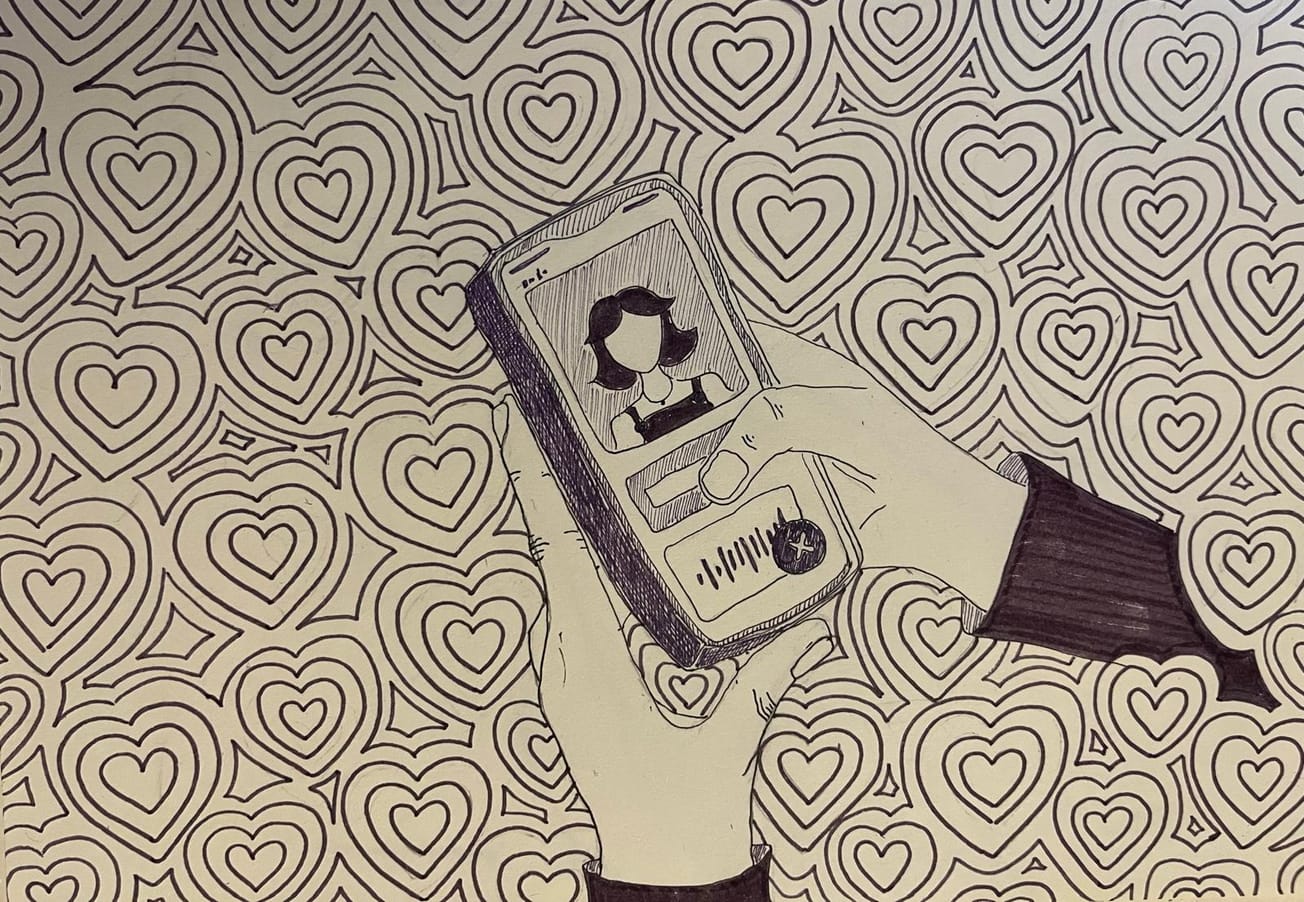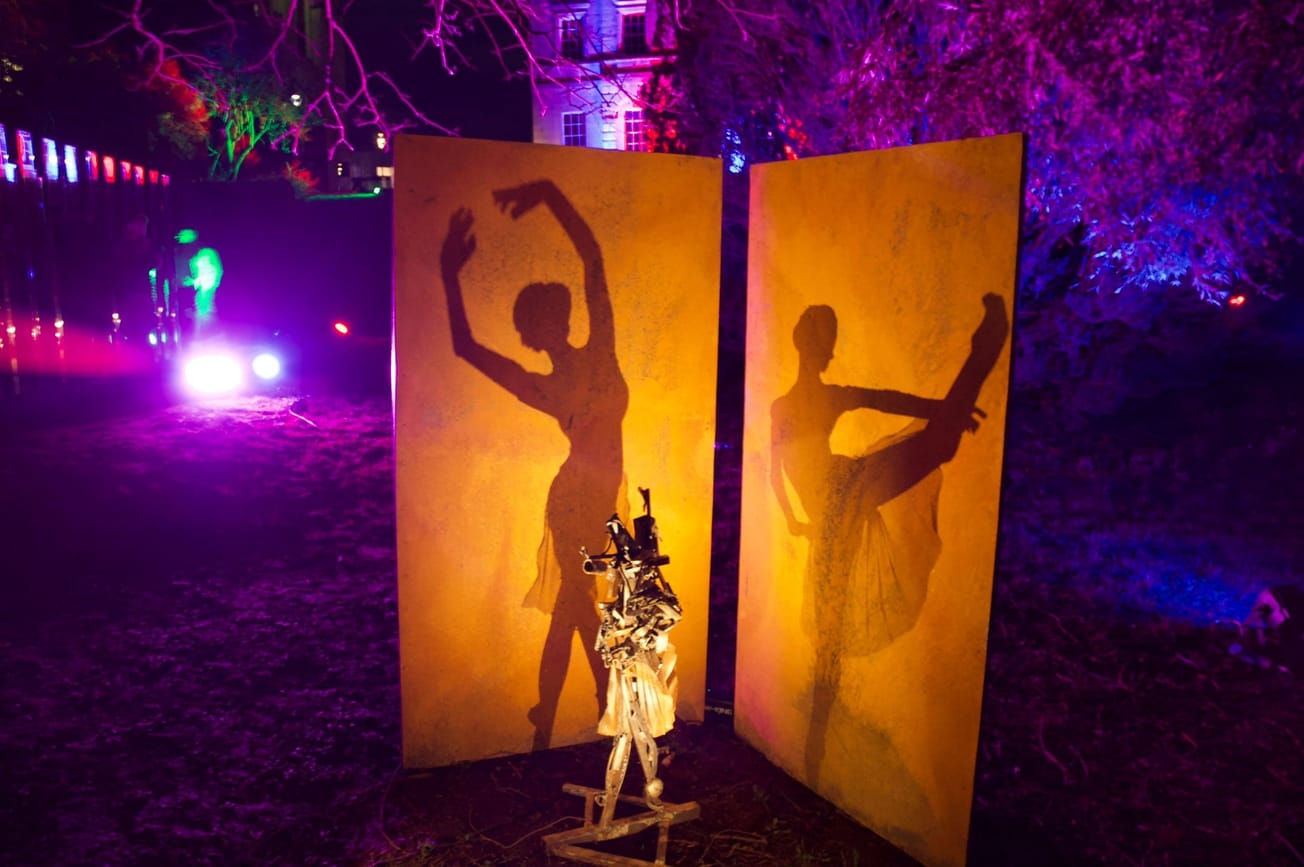By Sophie Brassey, Third Year, Philosophy
The final year at university is bittersweet. On the one hand, you’re living with your best friends, you’ve finally decided you like your degree, and Bristol no longer feels foreign and scary. However, there is a looming uncertainty about what comes next.
Life was always so clearly planned out as if someone left a trail of breadcrumbs reminding us where to go. After GCSEs, comes A-levels. After A-levels, comes university. After university comes... a career? A year off? A master’s? Suddenly the world seems to open into an endless abyss. Standing in the future could be everything you’ve ever wanted or nothing at all. After completing the fifth online assessment for a graduate scheme this week, I’m feeling a bit pessimistic. I grew up on the idea that if I did well in my school exams, my dream job would be waiting for me on the other side.
I wasn’t told, however, that one day I would cry over not getting a data analyst job in Luton (no offence data analysts in Luton). At 16 I truly believed I could be the editor-in-chief of vogue one day. Getting a job in a fashion magazine would be a piece of cake - If Anne Hathaway could do it, so could I. This is a very common trope and has been written about time and time again; the world is not as easy as you think it is, films are not real-life blah blah blah. But that doesn’t quite lift the weight of how stressful seeing the light at the end of the education tunnel is.

The whole experience of applying to summer internships in 2021, and then applying to graduate schemes this year, has made me realise how much pressure I had always put on myself to be successful. I’ve found that when having conversations with my friends, they’ve also done the same. They wanted to be successful lawyers, heads of investment banks, famous artists, and designers, and this seemed very reasonable. While this certainly shows how ambitious our generation is, it also called to mind a statistic I read online last week: more than 10% of people in their 20s are estimated to be narcissists
This follows a recorded 30% rise in Narcissistic disorder in US college students between 1979 and 2006. ‘Narcissistic traits’ include an inflated sense of importance and superiority over others, leading to detachment from the world around you. In a less extreme, and less diagnosable sense, it can just mean that your expectations for yourself are higher than somewhat achievable.
more than 10% of people in their 20s are estimated to be narcissists
Now, in no way am I calling my friends, or everyone ambitious narcissistic. After all, it is only estimated that 10% of us suffer from this disorder. However, our generation is certainly more prone to narcissistic tendencies than the generations before us. Labelled as the selfie generation, the Gen-Z motto ‘you can be anything you want to be’ loosely echoes a narcissist’s favourite phrase ‘I deserve to be anything I want to be’.
We grew up surrounded by celebrities, comforted by YouTubers and (more recently) unable to escape micro-influencers. With the takeover of social media, many people believe every movement should be Instagrammed, tweeted, and put on their Snapchat stories for people to see. It has provided a mouthpiece for anyone to voice their opinions about anything – long gone are the days when young people had to lead a revolution to get their voices heard: these days, it only takes a successful tweet. This has brought many benefits for our generation - attention towards the Black Lives Matter movement in 2020 was majorly through social media, with rallies organised amidst a UK lockdown. We have never been so informed and open to the world; social media is a melting pot of culture and opinion, which aids us in being a broad-minded and accepting generation. But, as with everything, these benefits come with downsides.

Newport Institute held a study over 4 months with 74 18 to 35-year-olds, finding there to be a 25% increase in narcissistic traits in those who frequently posted selfies. To re-emphasise, having narcissistic traits does not make you a narcissist. But it can mean that you have a heightened sense of status or intelligence. A product of this is reaching for a goal that is so much harder than you expect because your sense of reality away from the self is slightly blurred.
This is where we come back to our generation, often described as the ‘overachievers’. Gen-z’s tendency to have heightened expectations for ourselves explain how by the time we reach our early 20s, we can already fail to meet our own mammoth goals. This certainly doesn’t make us narcissists, or even close, but it does make accepting reality a little harder. Looking over the edge of final year, and seeing no clear goals to surpass, can make it even easier to create unachievable ones. It’s important to keep in mind that Rome wasn't built in a day, and neither is the ability to immediately succeed after university.
Featured Image: Narcissus by Gerard van Kuijl. Ringling Museums of Art/Wikimedia Commons










